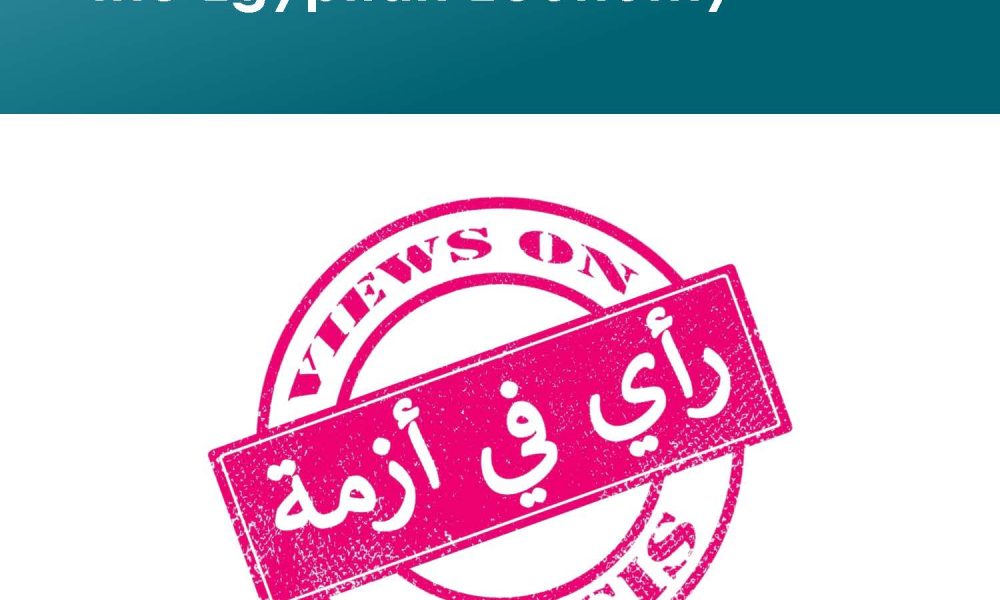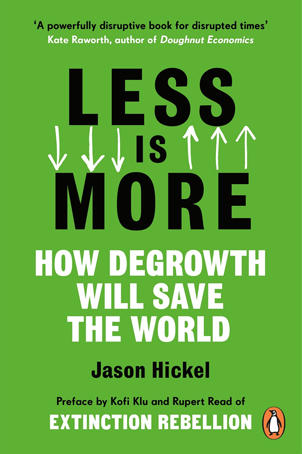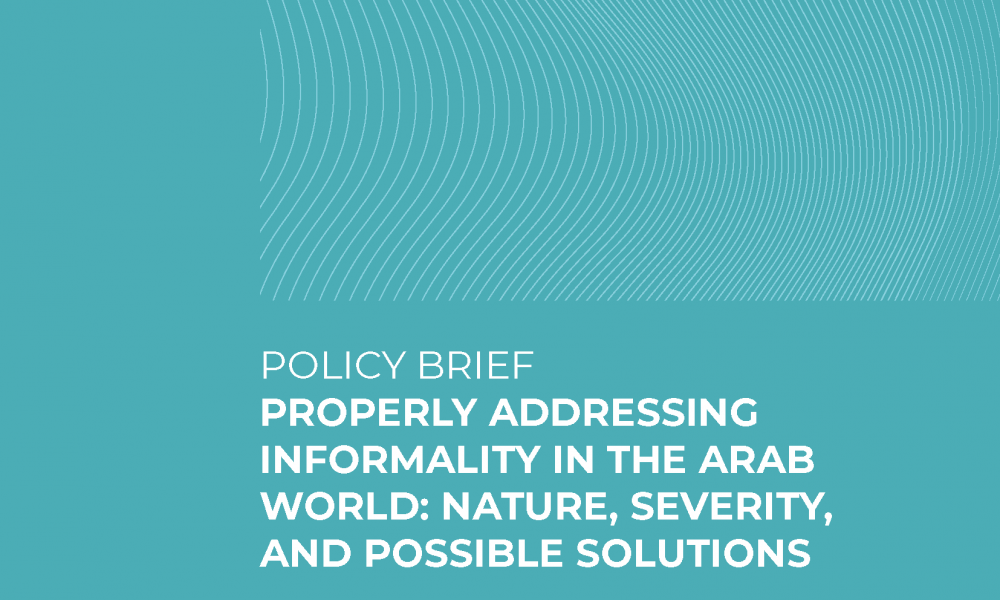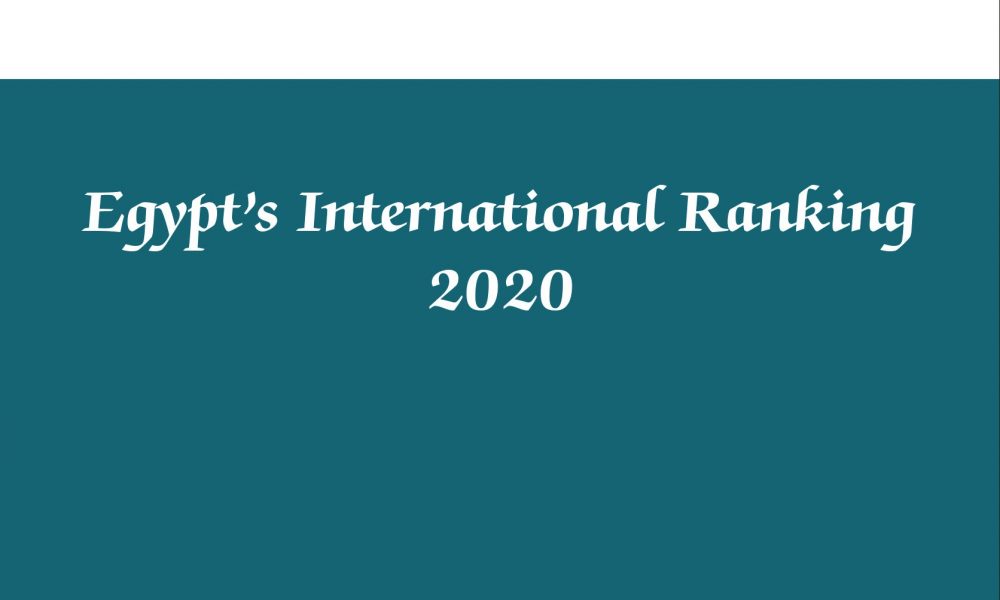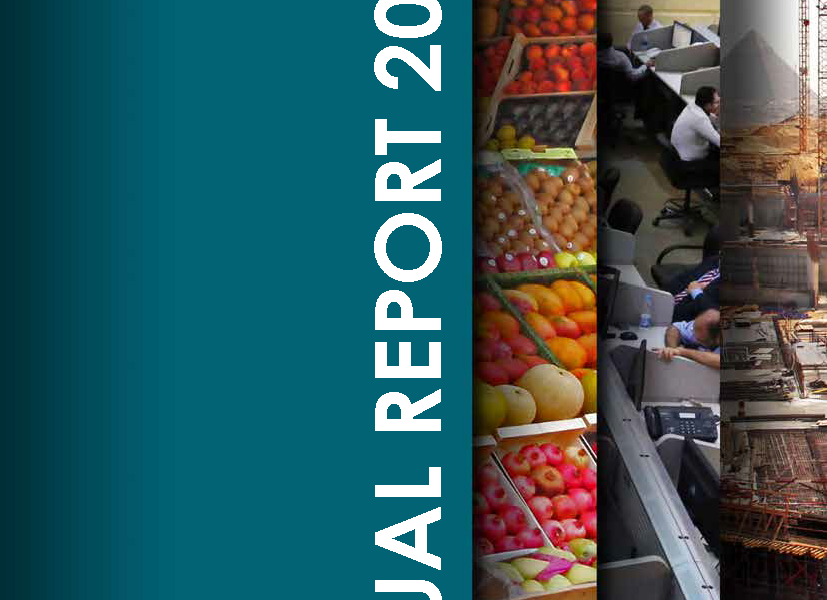chapter in “The Future of Think Tanks and Policy Advice Around the World”, a book edited by James McGann The purpose of this short article is to closely analyze the nature of this gap between the two sides and identify solutions for every segment of the problem to make a tangible impact. It focuses primarily […]
The new part compiles a set of ECES reports published since April, 2020 under “Views on the Crisis” series, which analyzes and monitors the impact of the novel coronavirus (COVID 19) on the Egyptian economy. ECES is also publishing assessments of the current situation of some sectors upon the release of their official data, and is […]
Overview*Throughout the world, capitalism and democracy are being challenged with great force. The world must change, but we cannot change it by throwing money at old ideas that no longer work. We need a new path to a new world where inequality is shrinking, where natural resources are regenerated, and people can benefit from shared […]
Overview* The world is changing drastically before our eyes—will you be prepared for what comes next? A groundbreaking analysis from one of the world’s foremost experts on global trends, including analysis on how COVID-19 will amplify and accelerate each of these changes. By 2030, a new reality will take hold, and before you know it: […]
Overview*The world has finally awoken to the reality of climate breakdown and ecological collapse. Now we must face up to its primary cause: capitalism. Our economic system is based on perpetual expansion, which is devastating the living world. There is only one solution that will lead to meaningful and immediate change: degrowth.
Overview*Imagine it is 2025. Years earlier, in the wake of the financial crisis of 2008, a global hi-tech uprising has birthed a post-capitalist world in which work, money, land, digital networks and politics have been truly democratized.In a thought-experiment of startling originality, world-famous economist Yanis Varoufakis offers a glimpse of this alternative reality.
Informality has been a persistent feature of Arab economies. In recent years, the shift to informality has been on the rise, featuring evolutions that make its negative impact even harsher on the society and the economy.We approach informality from the worker’s perspective, starting with the necessary preconditions for specific policy recommendations. The proposal emphasizes the […]
This paper is a field study of the digital transformation in the cross-border trade system in Egypt in accordance with the Trade Facilitation Agreement ratified in 2017 (one-stop shop), with a view to setting a methodological framework to ensure the accuracy and efficiency of data and information extracted from the system. It aims to address […]


